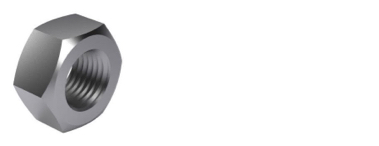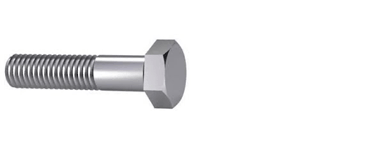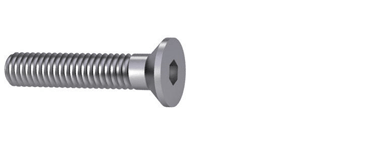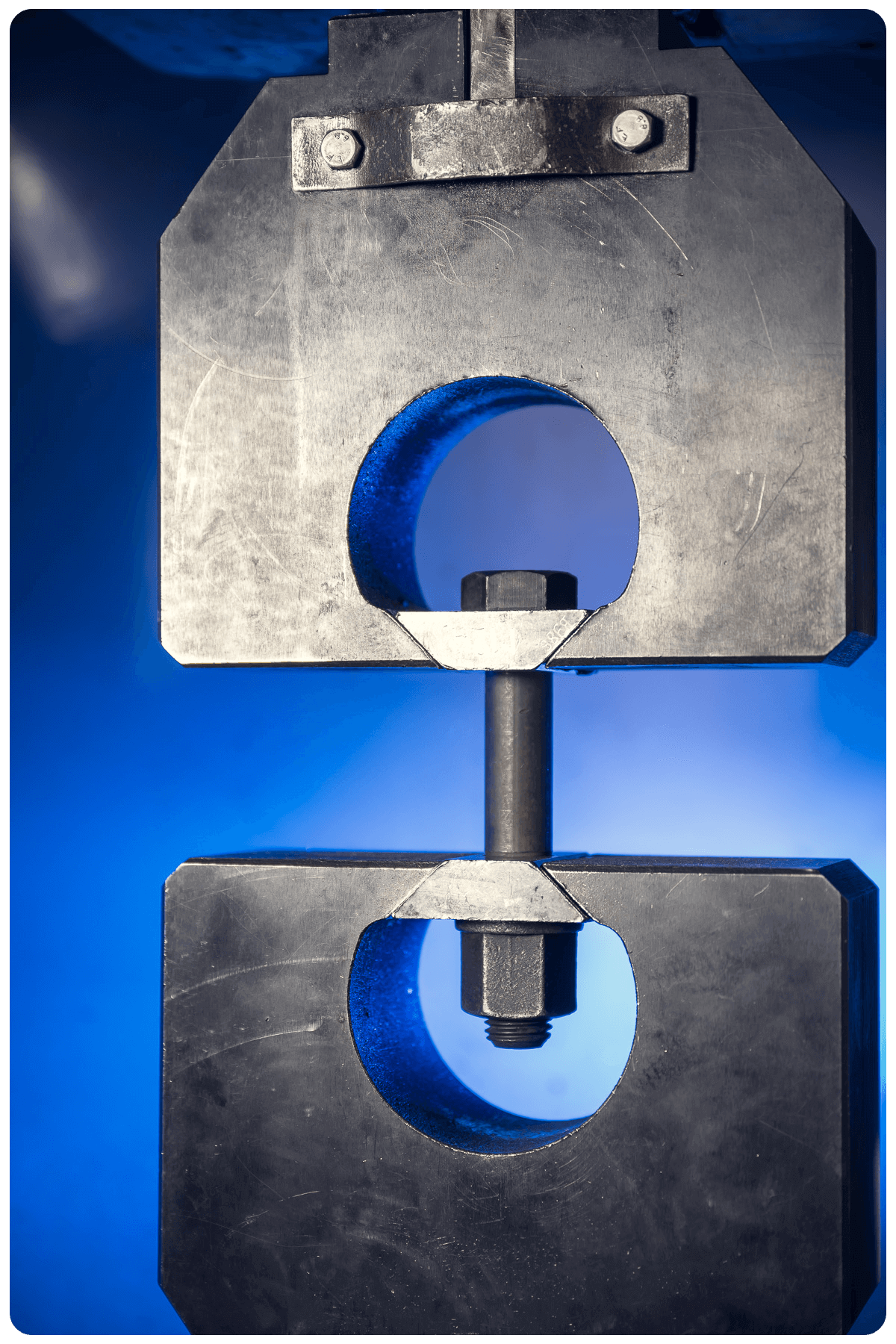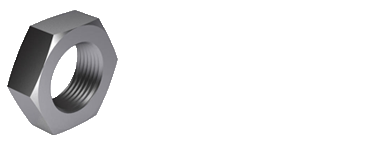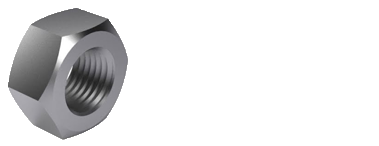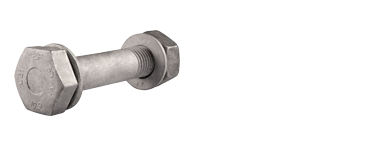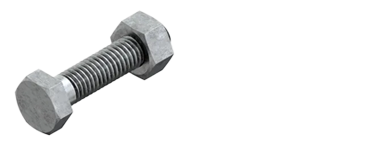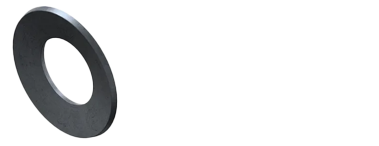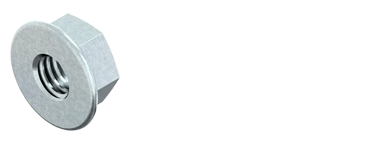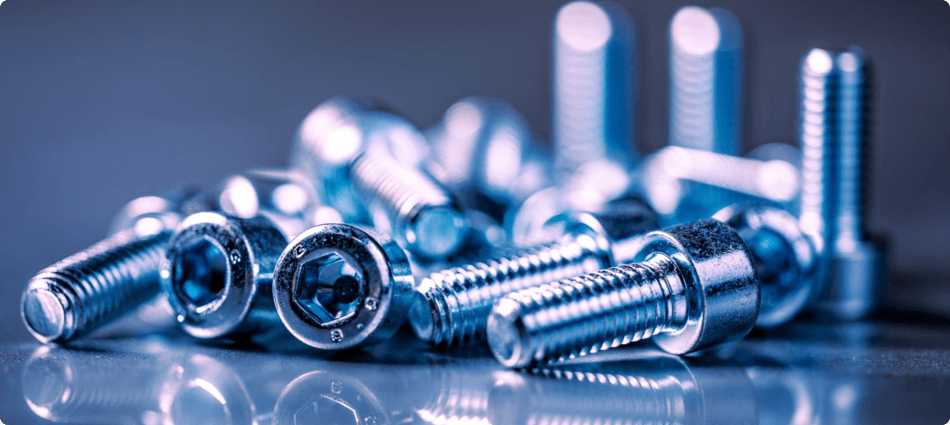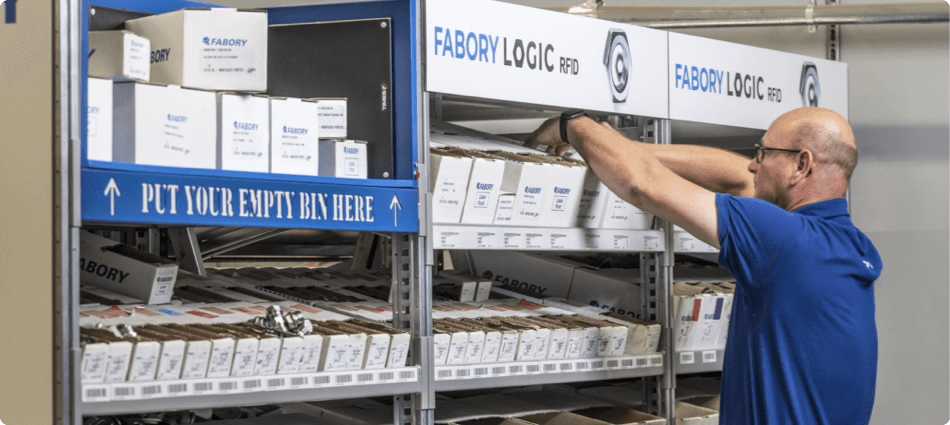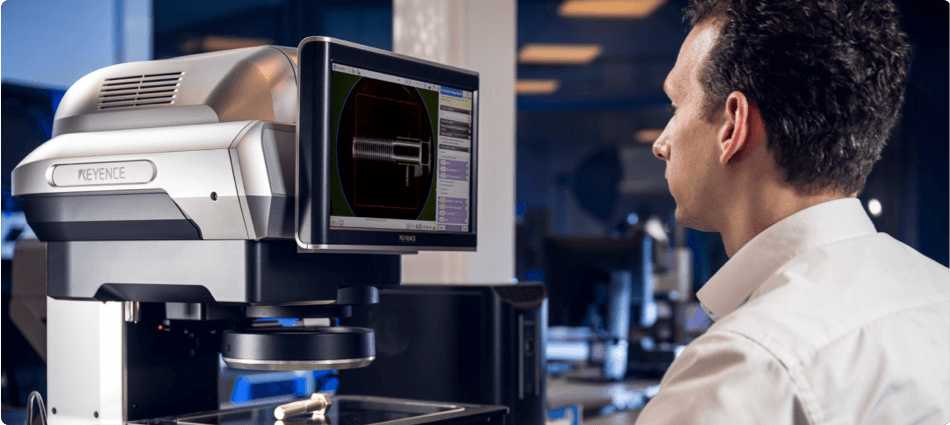ISO (Organización Internacional de Normalización):
Las normas ISO son reconocidas mundialmente como referencia en materia de calidad y seguridad. Nuestros productos cumplen varias normas ISO, como la ISO 9001 para la gestión de la calidad y la ISO 14001 para la gestión medioambiental.
Historia
La ISO se fundó en 1947 y ha crecido hasta convertirse en uno de los institutos de normalización más influyentes del mundo. Tiene su origen en la Federación Internacional de Asociaciones Nacionales de Normalización (ISA), activa entre 1926 y 1942, pero que cesó sus actividades durante la Segunda Guerra Mundial. Después de la guerra, los técnicos internacionales se dieron cuenta de la necesidad de un nuevo instituto de normalización global con amplio apoyo, lo que llevó a la creación de la ISO.
Igualdad
ISO deriva de la palabra griega «isos», que significa «igual». Simboliza la igualdad universal y la normalización, independientemente del idioma en el que se pronuncie la abreviatura.
Calidad, medio ambiente e información
Desde 1945, la ISO ha desarrollado miles de normas internacionales que se utilizan en todo el mundo en diversos sectores. Entre las normas más destacadas se encuentran la ISO 9001 (gestión de la calidad), la ISO 14001 (gestión medioambiental) y la ISO 27001 (seguridad de la información).
Operando de manera uniforme
La Organización Internacional de Normalización (ISO) es una plataforma mundial que armoniza las normas técnicas. Proporciona un lenguaje y una base comunes para la calidad, la seguridad y la sostenibilidad de los productos. Las normas ISO promueven el comercio, la innovación y la protección del consumidor, al tiempo que ayudan a las organizaciones de diferentes países a operar de manera uniforme. Fabory se enorgullece de contribuir de manera significativa a esta forma de trabajar.

